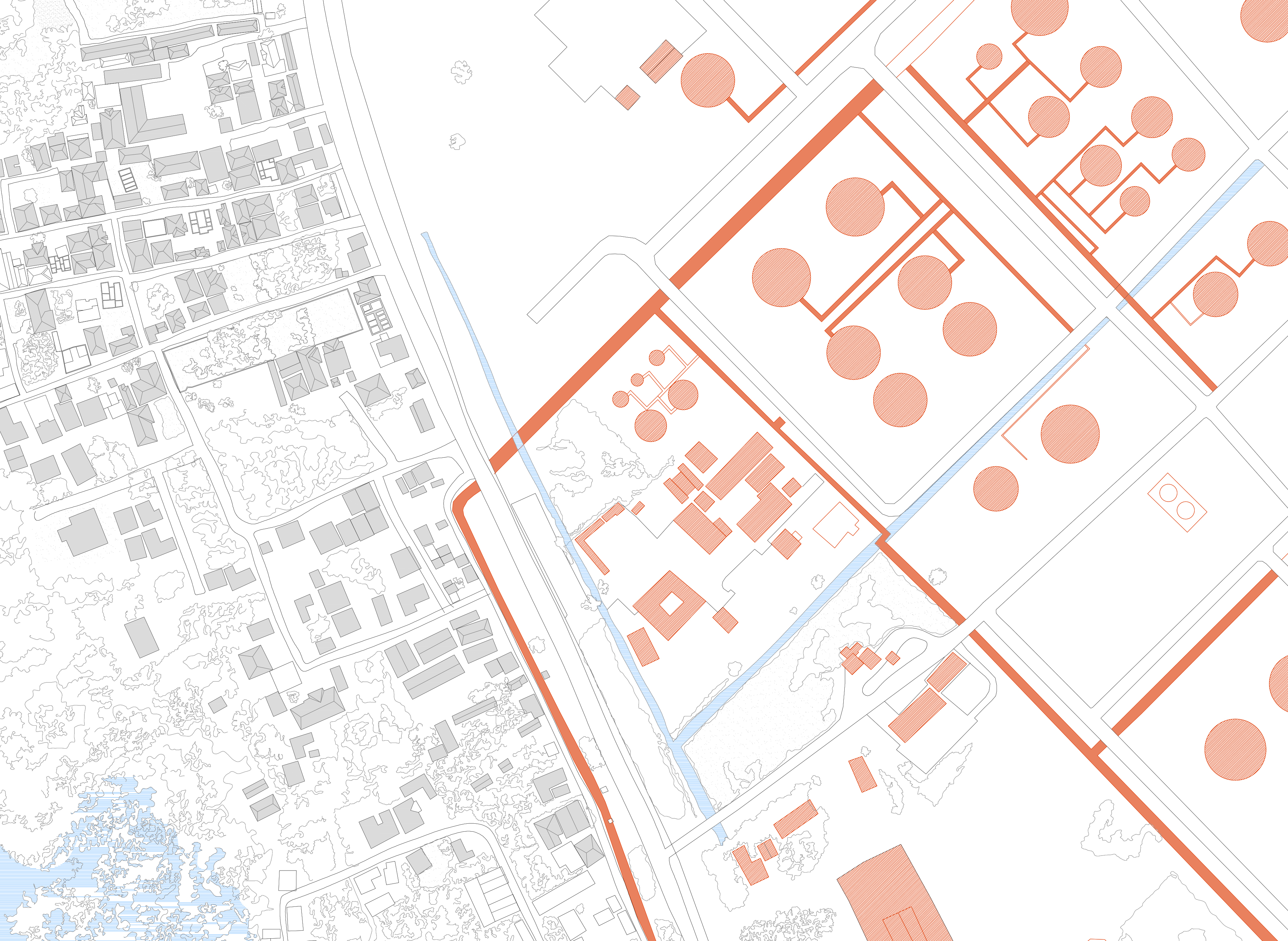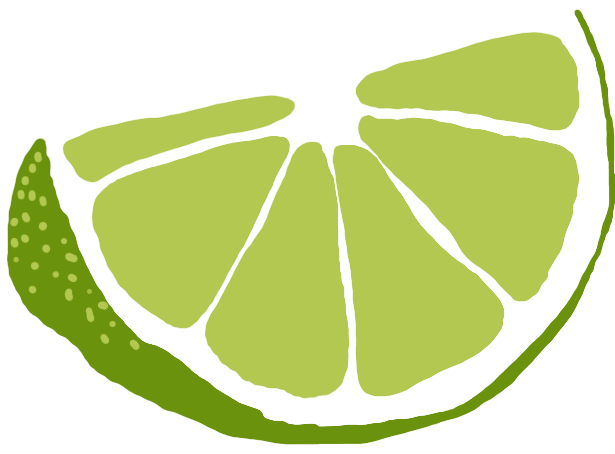Where Fires Never Go Out:
Challenging the Enclave Narrative of the Nigerian Crude Oil Industry
Cambridge UniversityDissertation Research [’18-’19]

This dissertation examines the ways in which the ‘self-contained enclaves’ of
the global crude oil industry spill over into Niger Delta communities. Drawing on photographic documentation by George Osodi and my first hand research, I reframe the argument that the localities from which crude oil is
extracted are ‘lacking in a sense of place’. I start by identifying the gas flare;
as the most visible form of crude oil exploration, and an immaterial phenomenon that evades the walls delineating the enclaves within which itoccurs. Laconic signage punctuates these enclave walls to police the mobility
of local inhabitants, going a step further in some cases to impede economic
activity.
Okrika provides a more in depth study to understanding the ways in which local communities dispossessed of ancestral land, have to adapt to disavow the presence of these enclaves in close proximity. Dispossession is made possible by the laws, acts and ordinances that govern the industry, ignoring community boundaries and ‘secondary’ economies in the process. These legalities are a legacy of the colonial origins of crude oil extraction in Nigeria, and provide precedent for the neo-colonial nature of the industry, where pre-eminence is given to the safe extraction and transport of crude oil,over socio-economic or ecological concerns. Violence and destruction has been employed as a conjecture to the ownership of oil resources, and from 1967-70, characterised the daily life of Niger Delta inhabitants caught between the Nigerian government and the seceding Biafra state. It situated the Niger Delta as a frontier for war, a war between the socio-economic banalities of everyday life, and the exigencies of crude oil extraction.
“From whose backyard is it extracted?“
The prosaic world of oil and gas has been overlooked in academic discourse. This has been in favour of the aestheticization of the ontological forms of their commodification; tropes such as derricks, pipelines and rigs, corporate oil, global geopolitics and the phenomenon of paradox of plenty (Appel et al, 2015, p.9-17). This everyday world however, - the family displaced from
ancestral land on which a flow station is situated and the security agent at said flow station- is an unseen additive in fuel tanks globally. (Appel et al, 2015. p.28).
Okrika provides a more in depth study to understanding the ways in which local communities dispossessed of ancestral land, have to adapt to disavow the presence of these enclaves in close proximity. Dispossession is made possible by the laws, acts and ordinances that govern the industry, ignoring community boundaries and ‘secondary’ economies in the process. These legalities are a legacy of the colonial origins of crude oil extraction in Nigeria, and provide precedent for the neo-colonial nature of the industry, where pre-eminence is given to the safe extraction and transport of crude oil,over socio-economic or ecological concerns. Violence and destruction has been employed as a conjecture to the ownership of oil resources, and from 1967-70, characterised the daily life of Niger Delta inhabitants caught between the Nigerian government and the seceding Biafra state. It situated the Niger Delta as a frontier for war, a war between the socio-economic banalities of everyday life, and the exigencies of crude oil extraction.
“From whose backyard is it extracted?“
The prosaic world of oil and gas has been overlooked in academic discourse. This has been in favour of the aestheticization of the ontological forms of their commodification; tropes such as derricks, pipelines and rigs, corporate oil, global geopolitics and the phenomenon of paradox of plenty (Appel et al, 2015, p.9-17). This everyday world however, - the family displaced from
ancestral land on which a flow station is situated and the security agent at said flow station- is an unseen additive in fuel tanks globally. (Appel et al, 2015. p.28).

Although recent conversations about the longevity of the planet have created a demand for more renewable sources of energy, the global lag to disavow crude oil as a non-renewable source, has ensured the critical nature of these spaces of crude oil exploration. Crude oil is the lifeblood of the modern capitalist society, necessary for the production of ‘essential’ goods - from food grown using fertilizers, to clothing made using textiles such as polyester and acrylic, and plastics. To ensure unimpeded supply to the global market, the industry through a set of socio-material practices makes the effort to disentangle itself from local sites of extraction. Mbembe (2014, p.143) theorizes them as ‘offshore’, and their resulting enclaves as offshore cities, whose modular architecture ‘will always be haunted by the very entanglements it claims to sever’.
This phenomenon is present in the oil fields of Nigeria, Venezuela, Alberta, Mexico, Equatorial Guinea, etc., but in
each of these, they are spatio-temporal, built within localized political economies. The Niger Delta is the collective name for the oil producing areas of Nigeria, a nod to the naturally occurring deltas that form from the Niger River, on which settlements are located. It is an ecologically diverse region, thick with mangrove vegetation that has been threatened by malignant human activities.
Activities documented in the poetry, prose and photography of published Nigerian Authors such as George Osodi, Ibiwari Ikiriko, Nnimo Bassey and Helon Habila, which I regard as testimonies concerning the impact of the extraction of crude oil on life in the region. These works are paradigmatic examples of ‘petroculture’ – in the same category as Abdelrahman Munif ’s Cities of Salt (1984) - which according to
Feldner (2018, P.518), is located at the ‘intersection of postcolonialism and ecocriticism and links such geographically dispersed places as Nigeria, Alberta, Siberia and Ecuador in the attempt to write the importance and ubiquity of fossil fuels into the cultural and social imaginaries of the global North and South’. My dissertation seeks to examine the ways in which the ‘self-contained enclaves’ of the global crude oil industry spill over into Niger Delta communities. It orientates attention towards the seemingly commonplace and normalised aspects of the global oil assemblage: local socioeconomic interactions, National oil companies, laws, and institutions that allow the industry to function.


